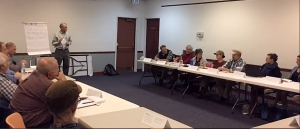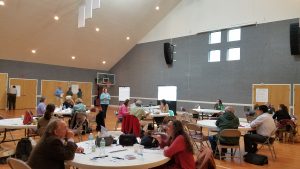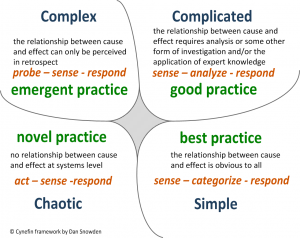By Liza Dobson, Healthy Food Retail Coordinator, Virginia Cooperative Extension’s Family Nutrition Program, Lynchburg
The Family Nutrition Program’s (FNP) (http://blogs.ext.vt.edu/eatsmart-movemore/) mission is to teach limited-resource families and youth to make healthier food choices and become better managers of available food resources for optimal health and growth. Our programs focus on  basic nutrition, physical activity, safe food handling, and thrifty food shopping. FNP Program Assistants conduct educational programming in schools, community centers, foodbanks, farmers markets, community gardens, and numerous other venues, contributing to the reduction of healthcare costs for 148,000 SNAP-eligible Virginians.
basic nutrition, physical activity, safe food handling, and thrifty food shopping. FNP Program Assistants conduct educational programming in schools, community centers, foodbanks, farmers markets, community gardens, and numerous other venues, contributing to the reduction of healthcare costs for 148,000 SNAP-eligible Virginians.
While the FNP works to help shape healthy behavior, we also understand why practicing these behaviors is challenging. Many areas across the United States are considered “food deserts” (a term no longer used by the USDA), where some low-income families also have low food-access. While income and distance from a grocery store are two main factors, we also know that food quality, price, and preparation knowledge are just as important. All of these factors influence a household’s or community’s “food environment.” Read more




